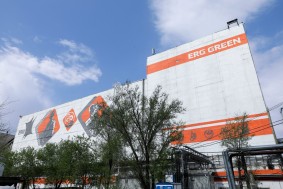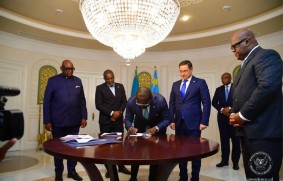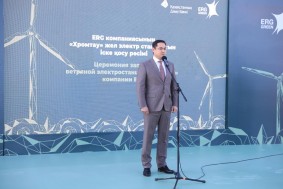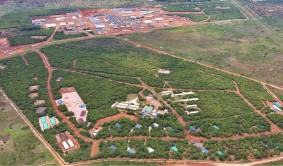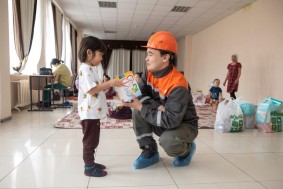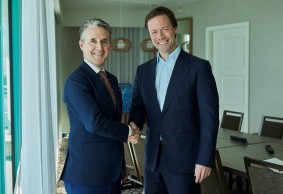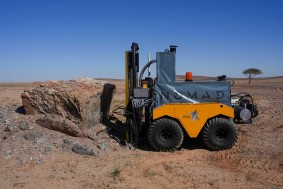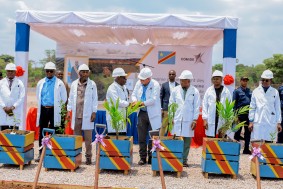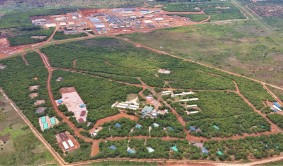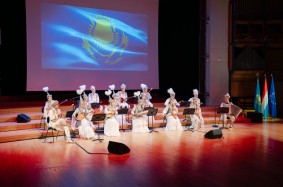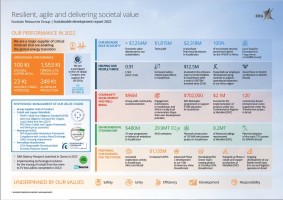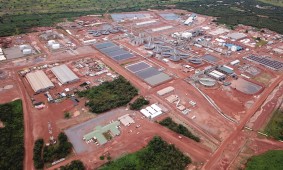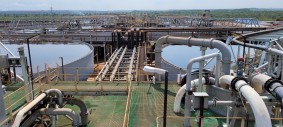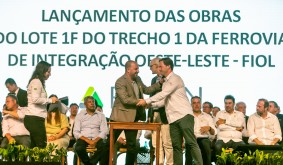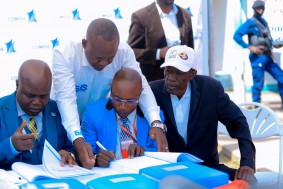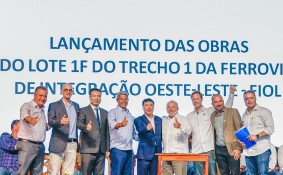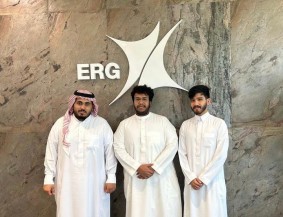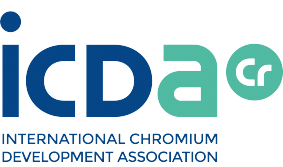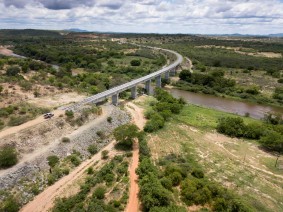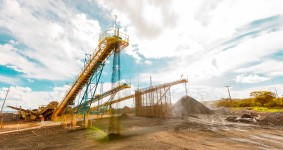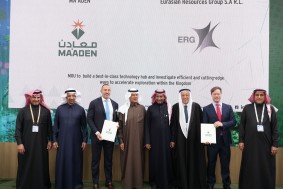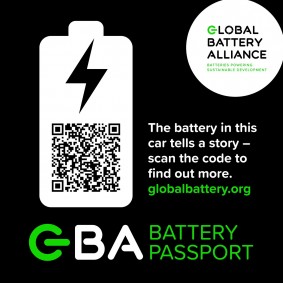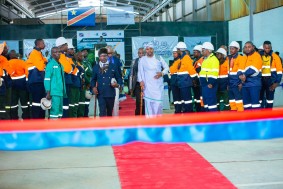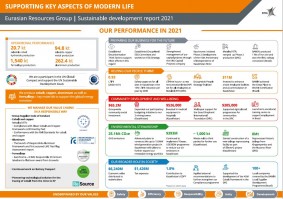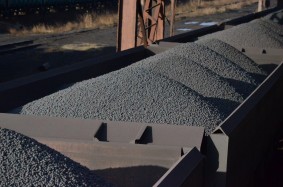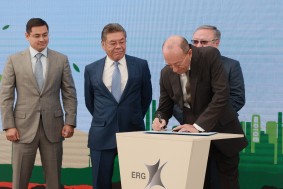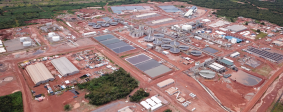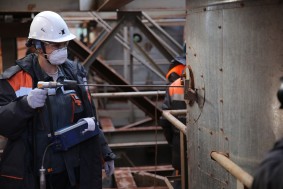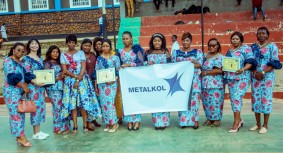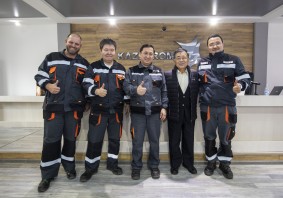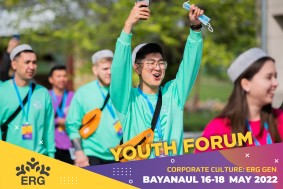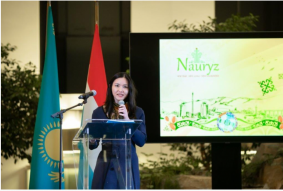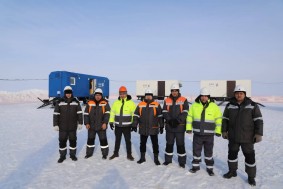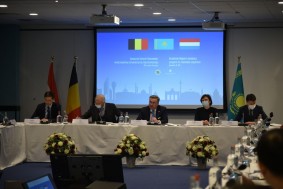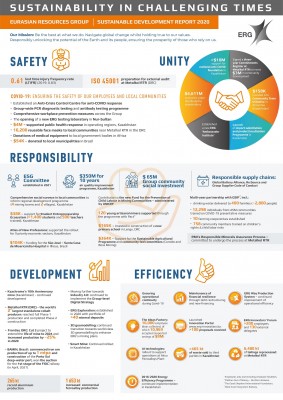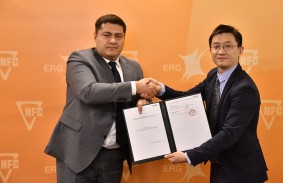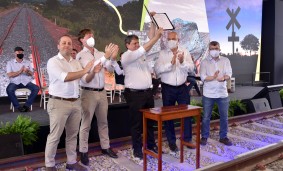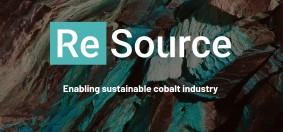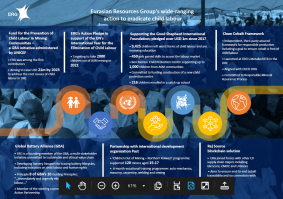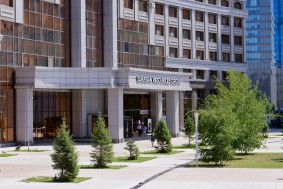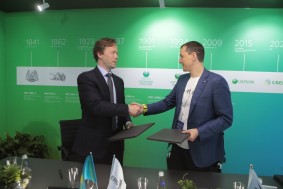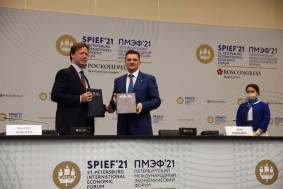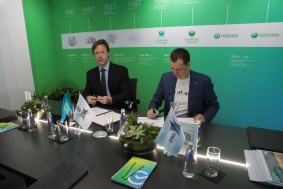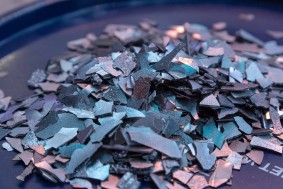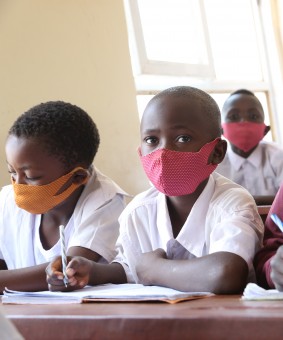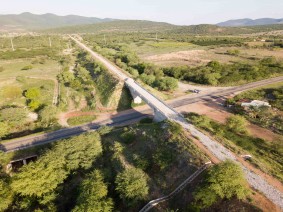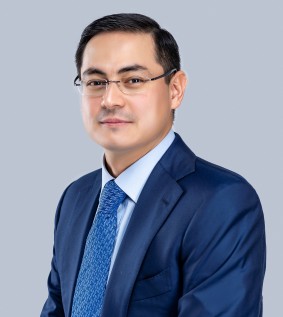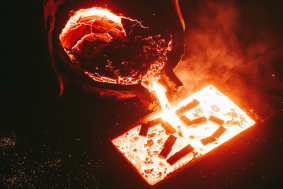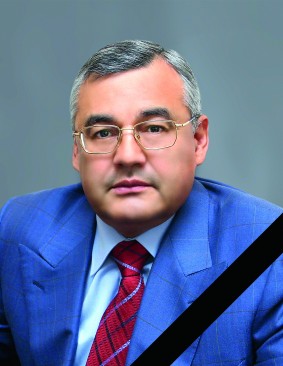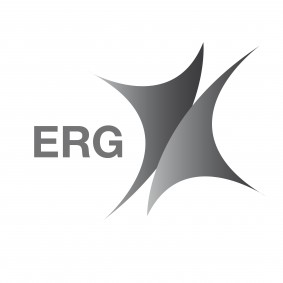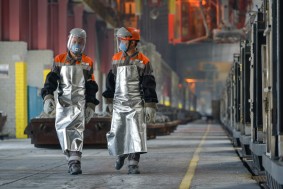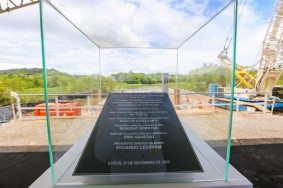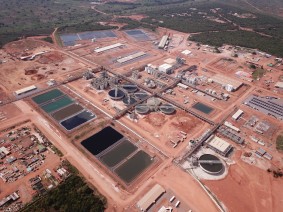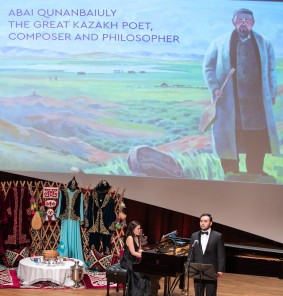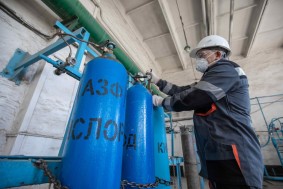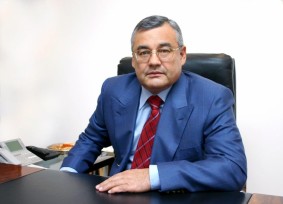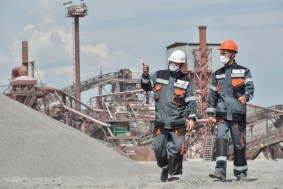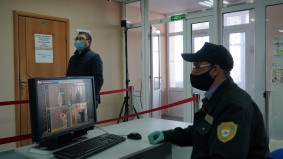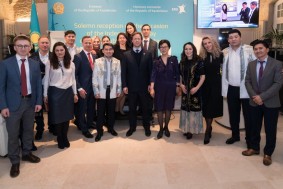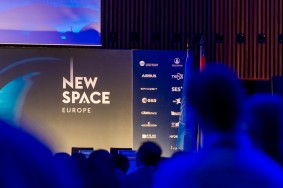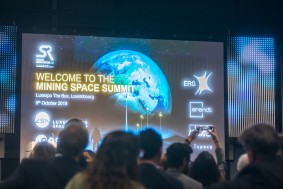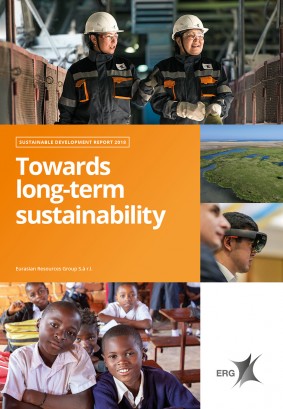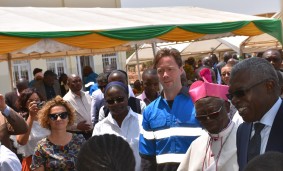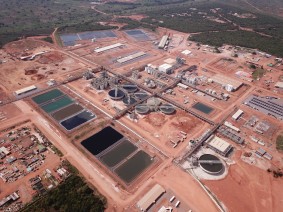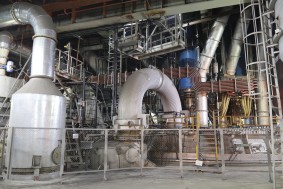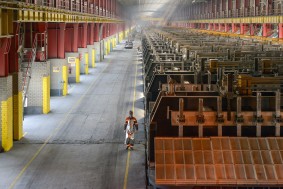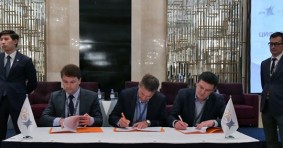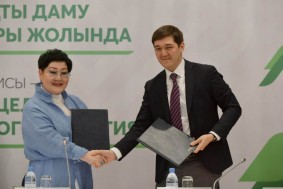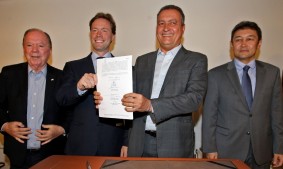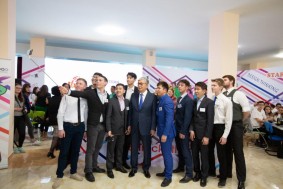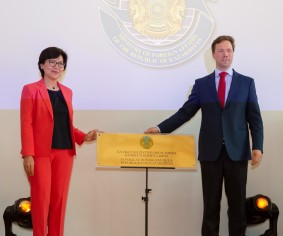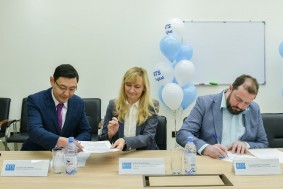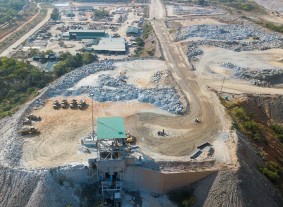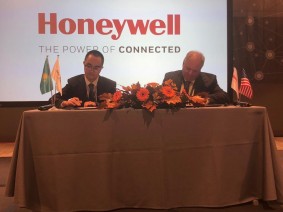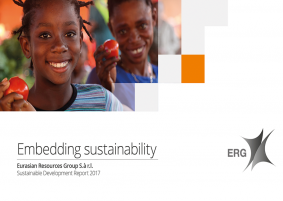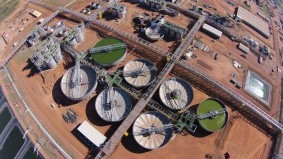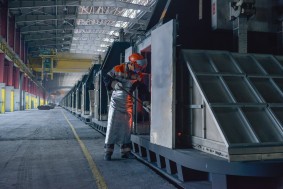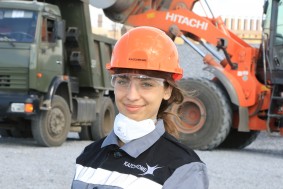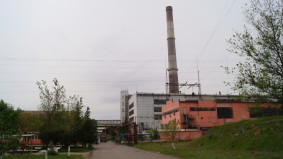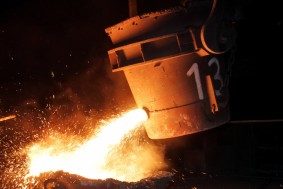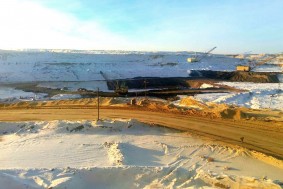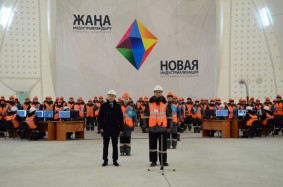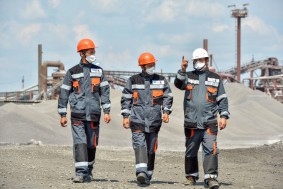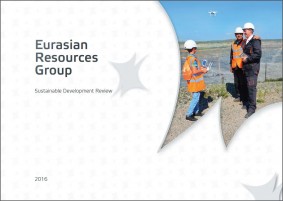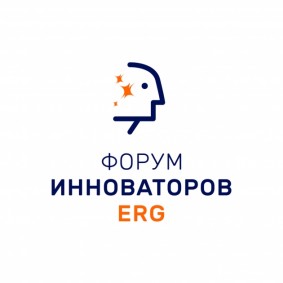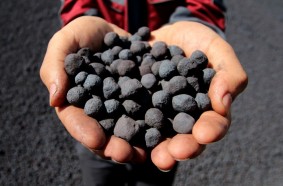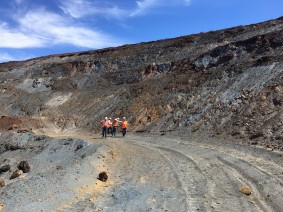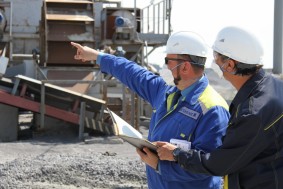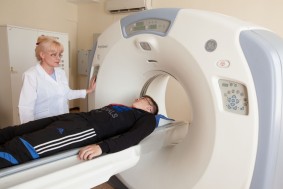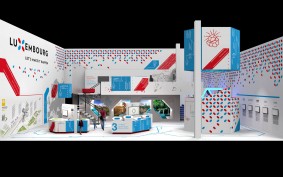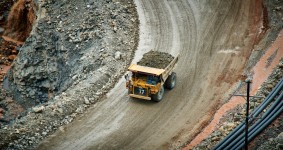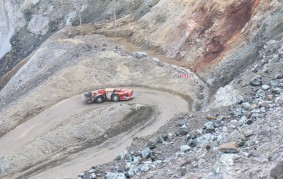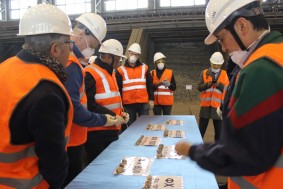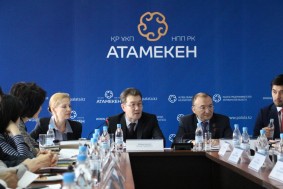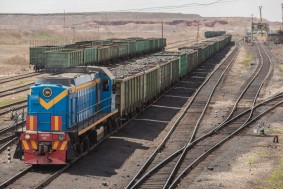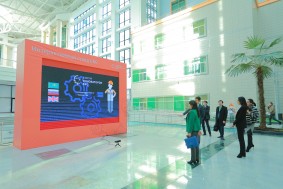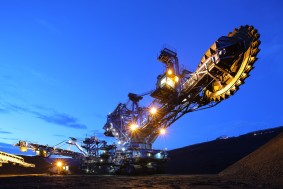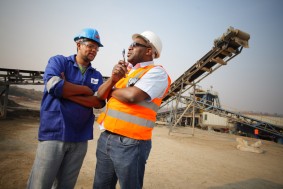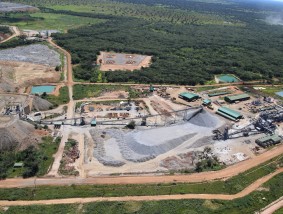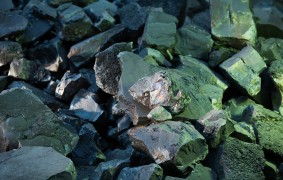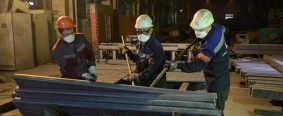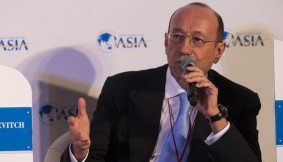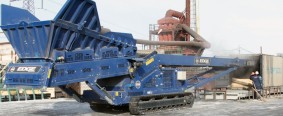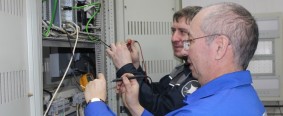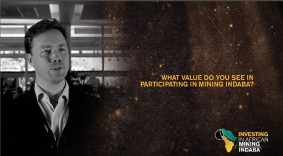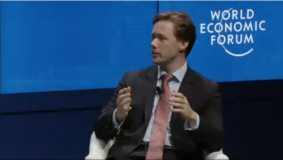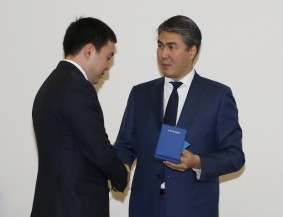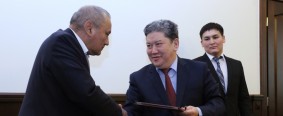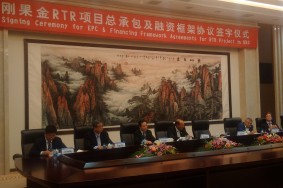ERG presents at major conference for the mining industry in Brazil: sets the course for BAMIN development, discusses key technological trends
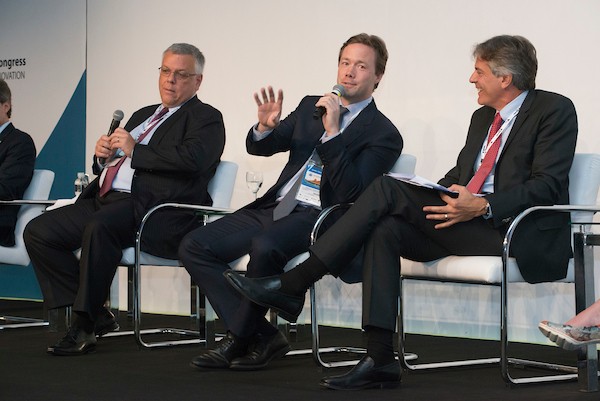
Eurasian Resources Group (ERG), a leading natural resources producer, took part in the 24th World Mining Congress in Rio de Janeiro. Mr Benedikt Sobotka, the Group CEO, was invited to a panel discussing the role of technology and innovation for the mining sector. Other participants of this discussion included executives of AngloAmerican, Vale and Votorantim Metals Group.
This year, for the first time in its history, the World Mining Congress (WMC) is being hosted by Brazil with IBRAM, the country’s mining association, taking a coordinating role. About 900 executives representing operations across 40 countries have come to participate.
Mr Sobotka said: ‘As a global champion in the iron ore market, Brazil sets priorities for the industry’s technological development. Via recent agreement with Google and McKinsey the Republic of Kazakhstan, another of the world’s major producers of diversified raw materials, is aiming to become a pioneer in the use of ‘big data’ analysis to improve the efficiency of its mining sector. As a major iron ore producer and exporter with operations both in Kazakhstan and Brazil, we are in a unique position to share insight between markets and have a lot to discuss with our partners and friends during this globally significant industry gathering.’
ERG’s Sokolov-Sarbai Mining Production Association (SSGPO), the largest manufacturer in Kazakhstan, is an important player in the market of iron ore with annual capacity of 40 mln tonnes. In Brazil, through its wholly-owned subsidiary Bahia Mineração Limitada (BAMIN), ERG is developing Stage I of the Porto Sul deep water port near Ilheaus, Bahia, and the Pedra de Ferro open pit iron ore mine near Caetite. Porto Sul will form an integral part of the East-West logistics corridor being developed in the broader East-West Integration Railway (FIOL) project. The Pedro de Ferro mine, when operational, will be amongst the lowest cost producers in the world.
At the Congress Mr Sobotka took part in the panel ‘Mining in a World of Innovation: the mining company of the future’, moderated by Ms Gillian Davidson, Head of Mining and Metals, World Economic Forum. He was joined by Mr Ruben Fernandes, CEO of Anglo American, Mr Tito Martins, CEO of Votorantim Metals Group, and Mr Clovis Torres, Executive Director of Human Resources, Sustainability, Corporate Integrity and General Consulting at Vale.
The participants agreed it is necessary for the industry to adapt to new methods of work, to search for better use of technologies (including the use of robotics, drones and computerized systems) and to decrease human presence in high risk functions.
Mr Sobotka further reflected on ERG’s operations in Kazakhstan and Brazil as well as the role of technology in driving changes to both behavior within and perceptions of the mining sector. ‘As an industry, we must demonstrate more willingness to experiment with new technology and to take on measured risk. We also should create a talent base equipped to respond to the new technology agenda. Automation and robotics will only deliver value if there is a culture of change,’ said Mr Sobotka. ‘For some companies the idea of change can be challenging; the good news is that where change benefits the common good we can – and should - work together to make change happen. For example, over the past several months ERG has been working closely with the peers from the wider cobalt industry, international organizations, NGOs and a range of other stakeholders to explore ways to fight the use of child labor in the artisanal mining industry of the Democratic Republic of the Congo - another region where ERG is a major producer,’ he added.
Mr Sobotka emphasized: ‘While coordination of such a group does take some time, the range of actions that the group can potentially support is well beyond the reach of any individual organization. As I consider the technology led changes that can help protect our workers, local communities and the environments we operate in, I think perhaps there are similar opportunities for collaboration to facilitate true reformative change.’
Overall it was noted at the panel that technology can be a great ally for the industry in the coming years, facilitating and optimizing ore exploitation systems, making the process more efficient and thus decreasing fuel consumption or the emission of polluting gases.

